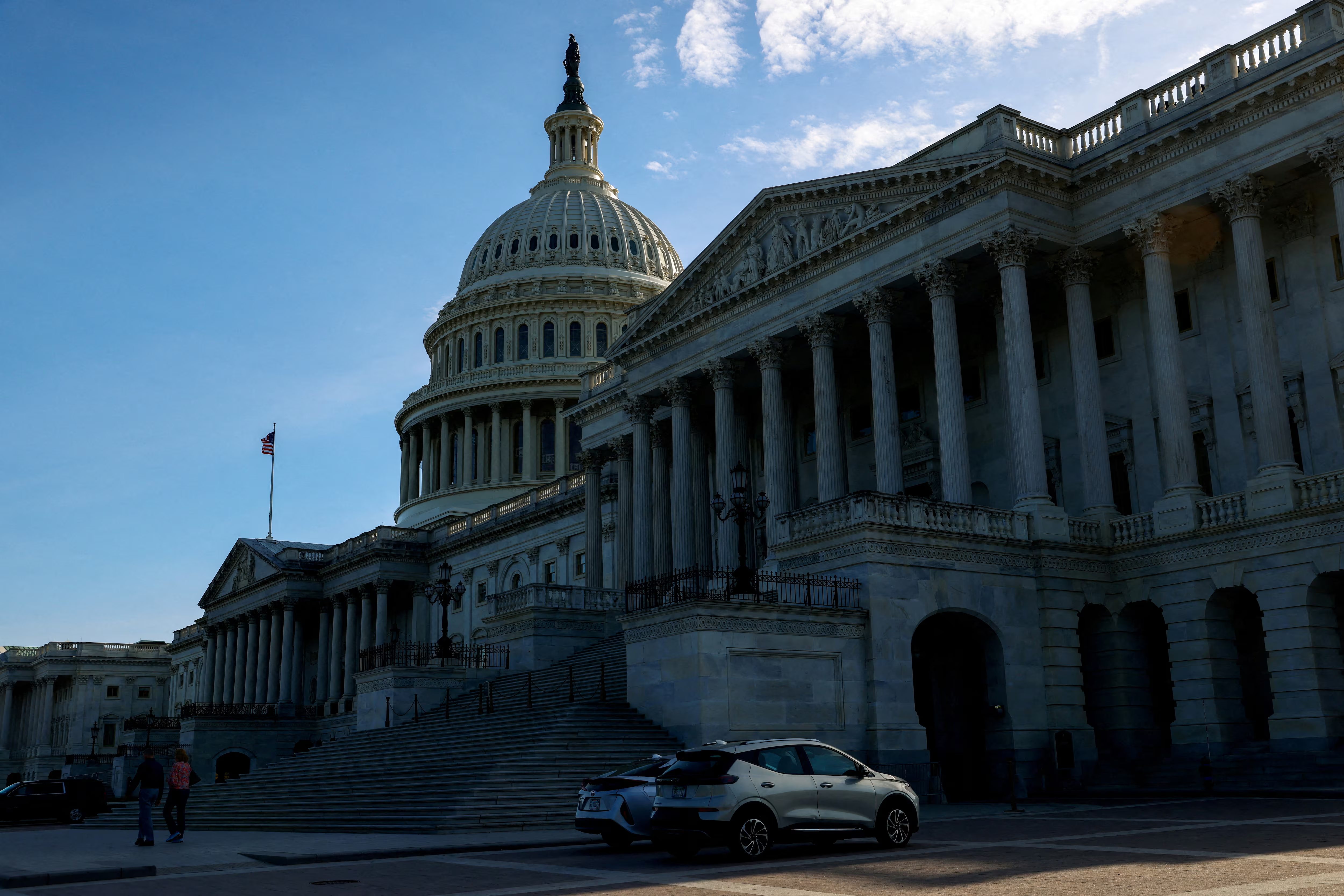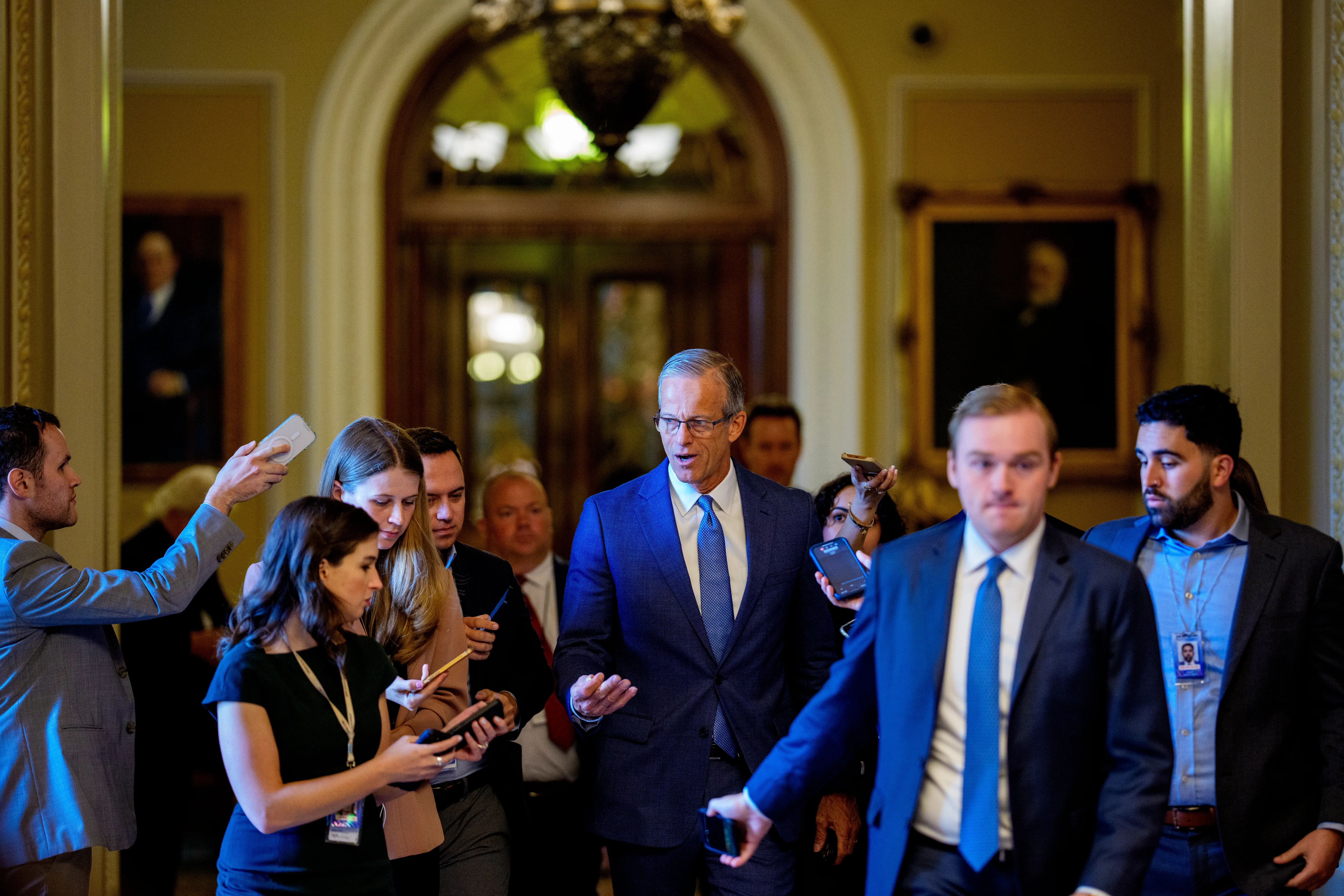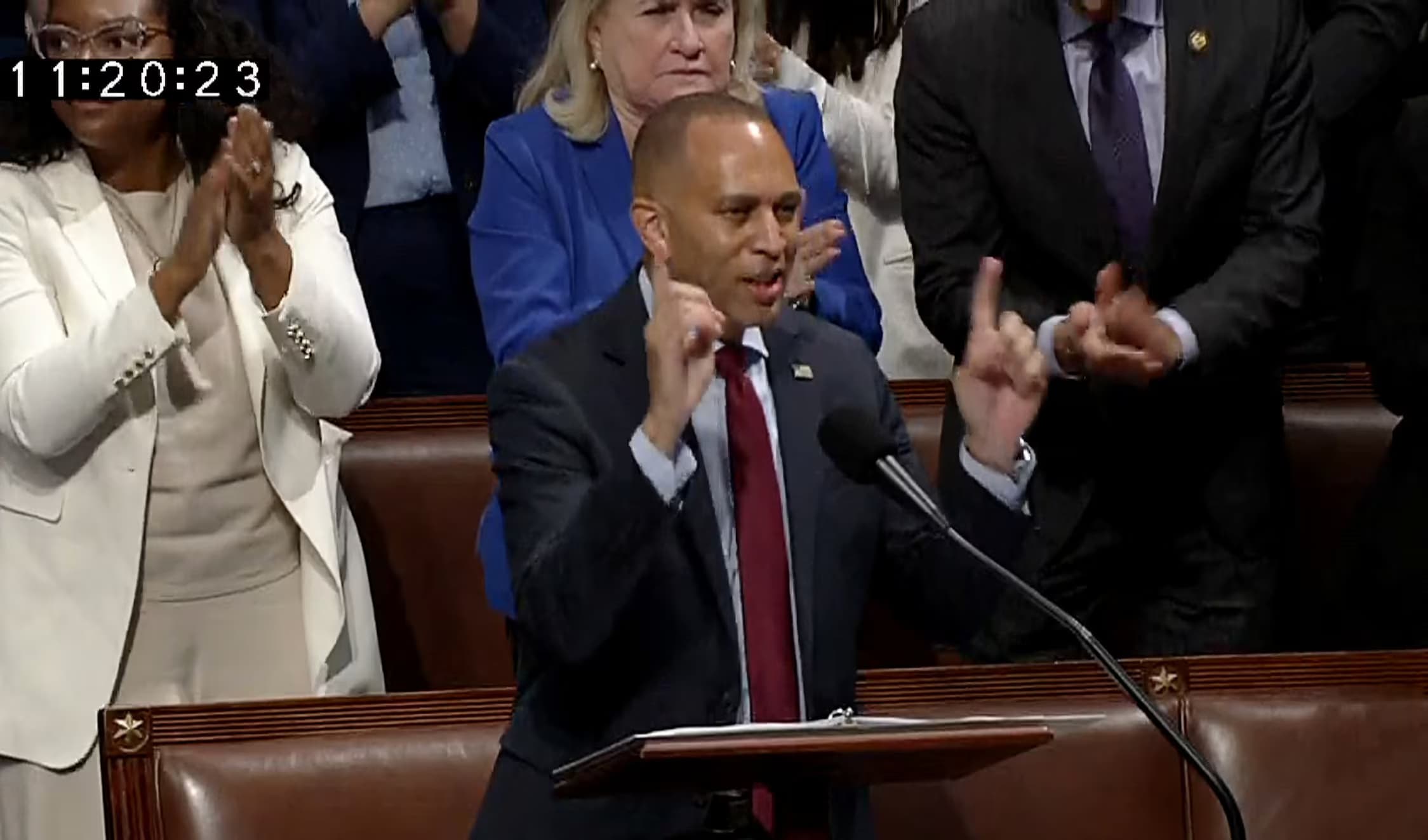House Minority Leader Hakeem Jeffries shattered the House record for the longest speech in history on July 3, 2025, speaking for over eight hours in a dramatic stand against the Republican megabill poised to unleash $1 trillion in cuts to essential social safety-net programs. Starting at 4:52 a.m., Jeffries not only extended a vital message of resistance but also employed an innovative tactic of reading letters from constituents directly impacted by these draconian measures, humanizing the statistical devastation that the bill threatens to unleash.
Republican Cuts Target Most Vulnerable Americans
The Republican-led legislation is set to disproportionately affect low-income families, seniors, and communities of color, exacerbating existing inequalities. As reported by the New York Times, this bill imposes additional voting requirements that will disenfranchise approximately 4 percent of voters, a demographic that leans heavily Democratic. Such tactics reveal a calculated strategy to suppress the voices of those already marginalized.
Jeffries" Filibuster as a Call to Action
Jeffries’ marathon speech, which ultimately lasted eight hours and 33 minutes, was not merely a procedural delay; it was a clarion call against what he termed the "damaging" implications of the bill. "Donald Trump’s deadline may be Independence Day. That ain’t my deadline," he asserted, demonstrating that the fight for civil rights and social justice remains urgent and unyielding. This speech was not only a record-breaking event but also an essential form of resistance in a political climate that often sidelines the needs of the American people.

Project 2025: What is it? Who is behind it? How is it connected to ...
Response from Republican Leadership
The response from Republican leaders was predictably dismissive. Speaker Mike Johnson labeled the extended debate as an "utter waste of everyone’s time," illustrating the GOP’s consistent dismissal of democratic engagement when it conflicts with their agenda. This reaction underscores a troubling pattern where GOP leadership disregards the voices of constituents in favor of party-line politics.
Implications for the 2024 Midterms
In his speech, Jeffries also sought to expose Republican representatives in purple districts who would be voting for the megabill. The Democratic Congressional Campaign Committee is already mapping out strategies to target vulnerable incumbents in the upcoming 2024 elections, as highlighted in a Washington Post report. By drawing attention to the alignment of these representatives with policies that harm their constituents, Jeffries is laying the groundwork for a robust electoral challenge that seeks to reclaim the House majority for Democrats.

Senate passed big beautiful bill: How does Trump"s big ...
Grassroots Movements and Civil Rights Advocacy
Jeffries’ speech serves as a reminder that grassroots movements and civil rights advocacy are more critical than ever. The mobilization of voters, particularly among marginalized communities, will be vital in changing the course of this legislation and the political landscape. The ongoing struggle for social justice must be championed by those in power, and Jeffries’ efforts showcase how leadership can harness both procedural tools and public sentiment to advocate for those whose voices are often drowned out.



![[Video] Gunfire between Iraqi security forces and Sadr militias in Baghdad](/_next/image?url=%2Fapi%2Fimage%2Fthumbnails%2Fthumbnail-1768343508874-4redb-thumbnail.jpg&w=3840&q=75)
